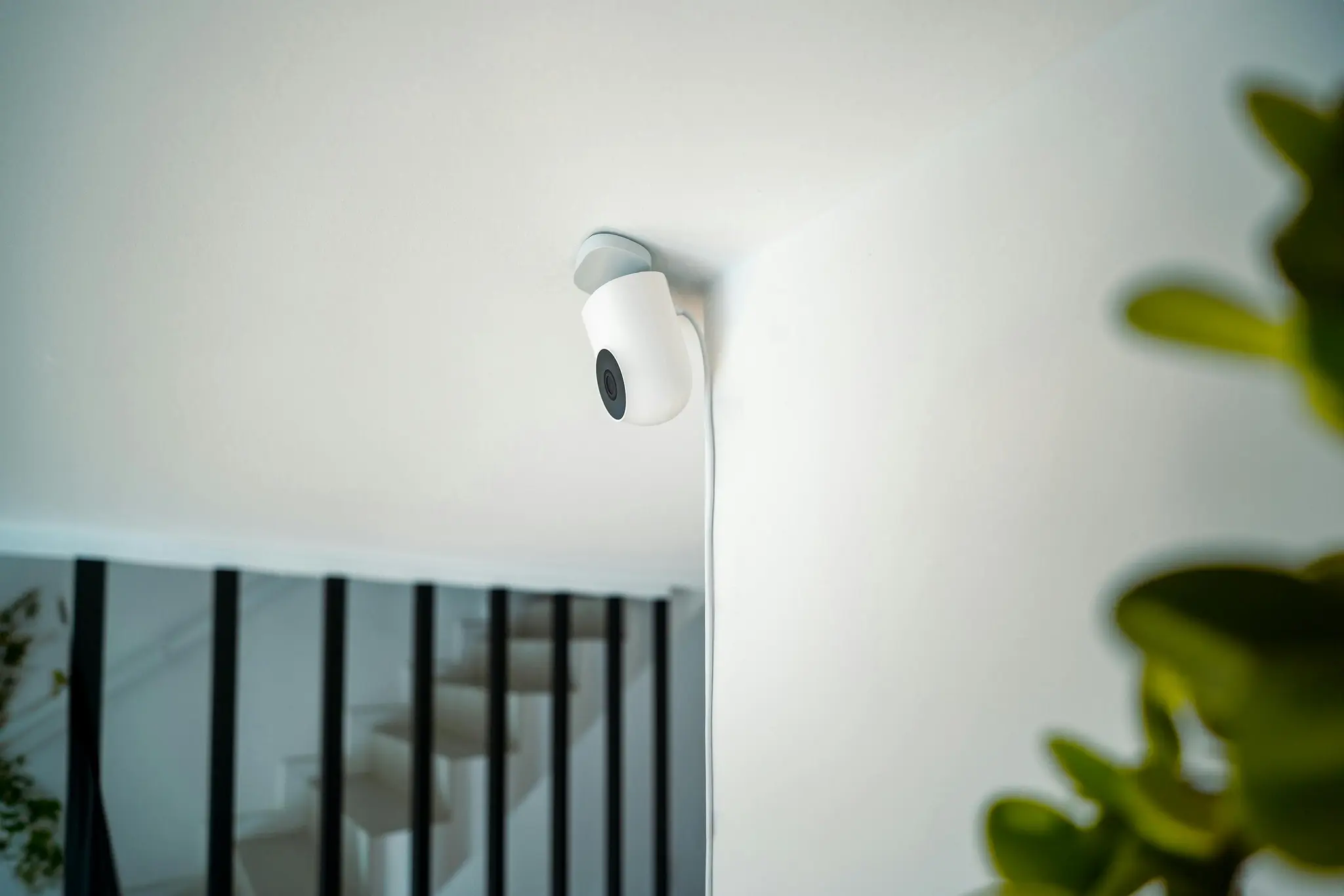Florida Law Allows Residents to Install Cameras in Nursing Home and Assisted Living Rooms
Read on to know what this means for managers and owners of nursing homes and assisted living facilities

Care Staffing Team
Published in News
A new law in Florida, SB 64 (2025), could transform how nursing homes operate. Senator Ileana Garcia introduced the bill, which permits families to install cameras in nursing home residents' rooms to monitor the care their loved ones receive.
On January 15, the law was referred to Health Policy. If passed, families can start installing cameras beginning July 1, 2025.
While this initiative aims to improve transparency and accountability, it also brings challenges for nursing home administrators, staff, and owners.
Get Periodic Updates Straight To Your Inbox. Sign Up To Our Newsletter Today.
What Is SB 64?
SB 64 is a legislative measure designed to give families peace of mind by allowing the installation of surveillance devices, like cameras, in the private rooms of nursing home residents. These devices will capture both video and audio, offering families a closer look at the quality of care provided to their loved ones.
Here’s what the law mandates:
- The resident or their legal representative must provide written consent before installing a camera.
- The nursing home must be informed before any camera installation.
- Facilities must post clear signs notifying staff and visitors that cameras are in use.
- It’s illegal to block or interfere with the cameras.
SB 64's primary goal is to deter neglect and abuse while giving families greater oversight. However, it also raises critical concerns about privacy, costs, and operational changes for nursing homes.
How SB 64 Impacts Nursing Homes
Building Trust Through Transparency
Installing cameras can help nursing homes showcase their commitment to high-quality care and safety. Families may feel reassured knowing there’s a way to monitor their loved ones, which could foster trust and boost the facility’s reputation.
Operational Adjustments
Facilities will need to establish systems to comply with SB 64 requirements. This includes maintaining consent records, monitoring camera installations, and ensuring visible signage. Additionally, staff training will be essential to help employees adapt to potential surveillance.
Balancing Privacy and Legal Concerns
A significant challenge involves balancing the privacy of all residents, especially in shared rooms. For example, if one resident agrees to camera installation but their roommate objects, this could lead to conflicts. Nursing home managers must develop strategies to navigate such situations while staying within legal boundaries.
Staff Morale
Cameras may cause staff discomfort as they adjust to being monitored during work. Management must address these concerns and foster a supportive environment to maintain morale and productivity.
Costs and Resource Allocation
Although facilities aren’t required to fund the cameras, the associated costs can add up, such as administrative tasks, staff training, and legal consultations. Owners and managers will need to reallocate budgets to cover these additional expenses.
Mixed Reactions to the New Law
The introduction of SB 64 has sparked varied reactions. Families and elder care advocates largely praise the measure, emphasizing its potential to improve accountability and prevent neglect.
However, privacy advocates and some nursing home owners express concerns about the potential misuse of footage and the logistical challenges of implementing the law.
How Nursing Homes Can Prepare for SB 64
To prepare for the changes SB 64 introduces, nursing home managers and owners can take proactive steps:
- Develop policies. Create detailed guidelines for handling camera requests, obtaining consent, and managing installations
- Train employees. Ensure staff members are well-versed in the law and know how to handle situations involving cameras.
- Communicate with families. Discuss openly with residents and their families about the new rules, addressing concerns transparently.
- Consult legal experts. Work with attorneys to ensure the facility complies fully with the requirements of SB 64.
- Invest in technology and resources. Consider technology solutions that streamline compliance and protect privacy.
To Wrap Up
SB 64 represents a significant shift for Florida nursing homes. While it adds new responsibilities, it also presents an opportunity for facilities to demonstrate their commitment to transparency and high-quality care. With proper planning, clear communication, and a focus on trust, nursing homes can turn these changes into a chance to strengthen relationships with families and improve overall care standards.

News
Could $1 Trillion in Medicaid Cuts Leave 16 Million Uninsured? Senate HELP Committee Wants Your Take
Have your say: How will $1T+ in Medicaid cuts affe...

News
Nannies, Tired of Job Creep? Here’s How to Break the Cycle for Good!
Fed up with job creep? Learn how nannies can set c...

News
Healthcare Employment Surges in May with 62,000 New Jobs
U.S. healthcare added 62K jobs in May, led by hosp...

News
Wisconsin Seniors Housing Secures $28 Million Bridge Loan
MONTICELLOAM closes $28M bridge loan for two Wisco...